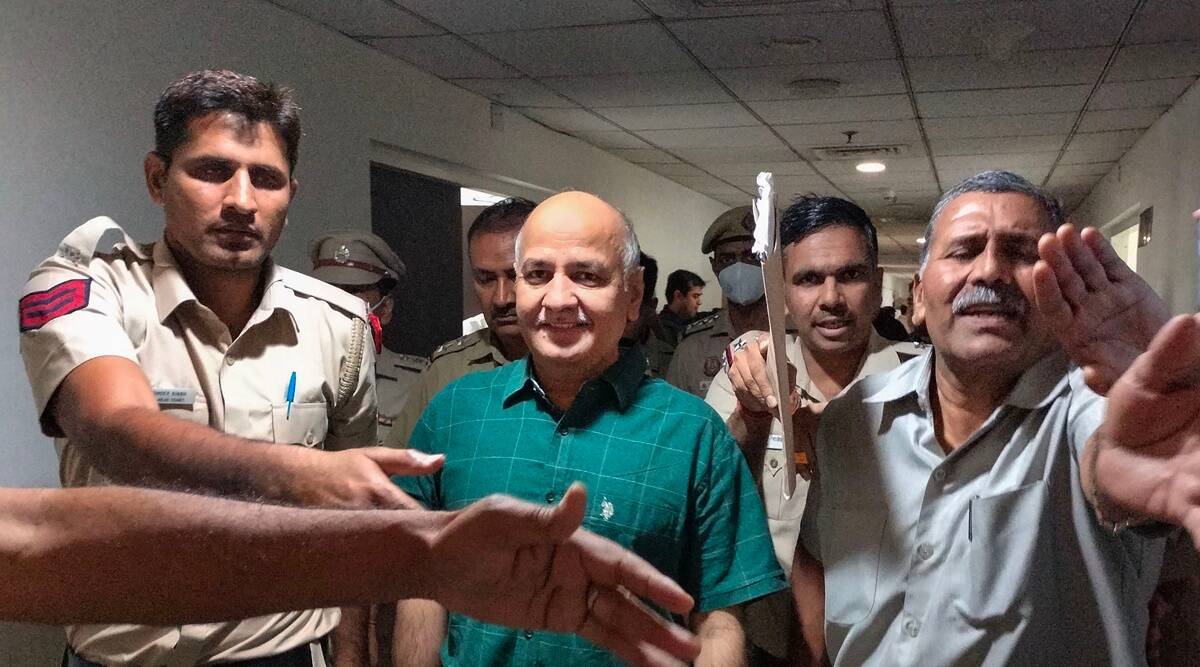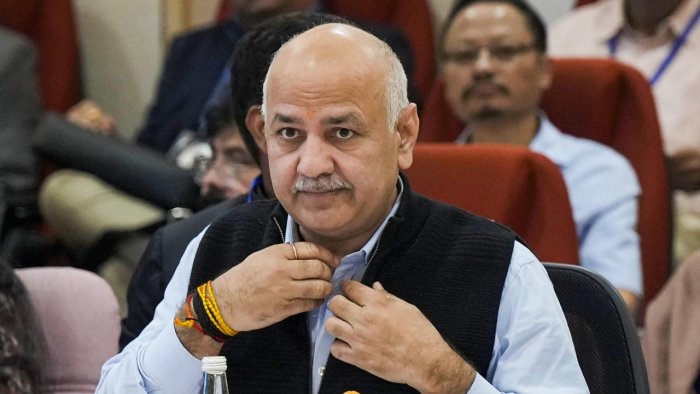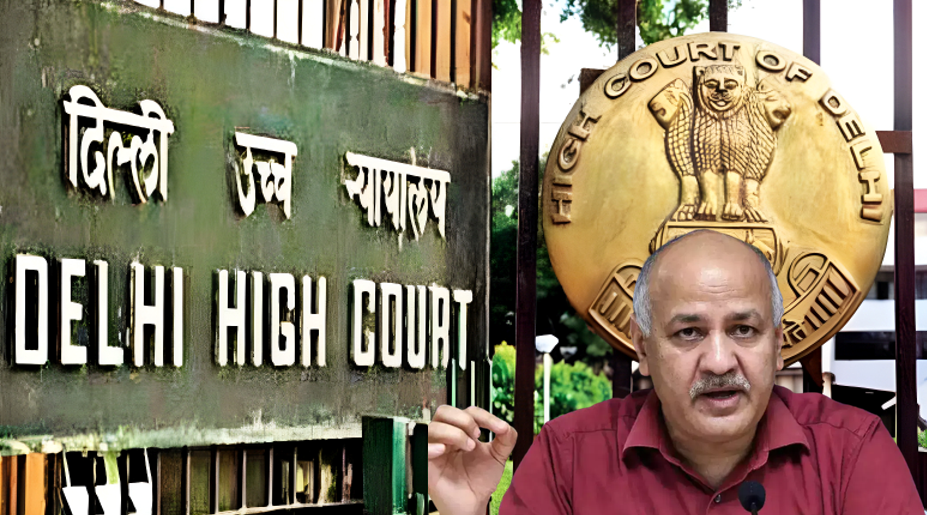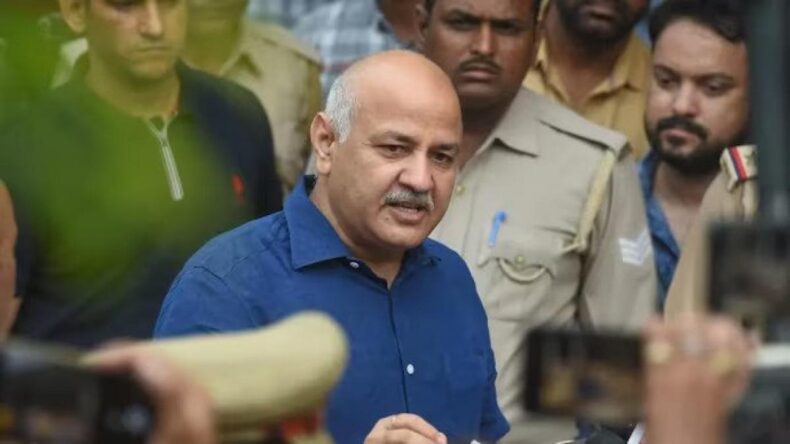The Delhi High Court recently rejected the bail petition of Manish Sisodia, the former Deputy Chief Minister of Delhi, in an excise case that has garnered significant attention. Sisodia, a prominent leader of the Aam Aadmi Party (AAP), had sought bail after being arrested in connection with alleged violations of excise laws. The court’s decision has raised eyebrows and sparked discussions about the implications for Sisodia’s political career and the larger legal landscape.
Background of the Excise Case:
The excise case against Manish Sisodia stems from allegations that he was involved in irregularities related to the issuance of licenses for liquor shops during his tenure as the Deputy Chief Minister of Delhi.

It is alleged that certain favorable licenses were granted, and the process was not carried out transparently. The case gained momentum when the Anti-Corruption Branch of the Delhi government initiated an investigation and subsequently arrested Sisodia.
The Delhi HC’s Rationale for Denying Bail:
In its decision to reject Sisodia’s bail petition, the Delhi High Court cited the gravity of the allegations and the need for a thorough investigation. The court expressed concerns about the potential misuse of power and the impact on public trust in the administration. It also highlighted the need to prevent any interference with the ongoing probe. The court’s decision reflects its cautious approach, emphasizing the importance of upholding the rule of law and ensuring a fair investigation.
Implications for Sisodia’s Political Career:
The rejection of Manish Sisodia’s bail petition is likely to have significant implications for his political career and the Aam Aadmi Party.

As a prominent leader and former Deputy Chief Minister, Sisodia’s arrest and the subsequent denial of bail create an image of impropriety and may erode public trust in his leadership. The party will now have to navigate the political fallout and decide how to manage this situation effectively.
Sisodia’s absence from the political landscape during the investigation and potential trial will also impact the AAP’s operations. As a key strategist and policy driver for the party, Sisodia’s absence may create a leadership void that could disrupt the party’s functioning. The party will need to reassess its strategies and ensure that it maintains its core principles and objectives in the absence of Sisodia’s active involvement.
The Broader Implications for the Legal Landscape:
The rejection of Manish Sisodia’s bail petition in the excise case sets an important precedent in the legal landscape.

It sends a strong message that no individual, regardless of their political stature, is above the law. The decision reinforces the principle of equality before the law and the need for accountability, particularly for public officials who hold positions of power and trust.
This ruling may serve as a deterrent for other politicians and public figures who may be tempted to engage in similar acts of impropriety. It highlights the judiciary’s commitment to ensuring a fair and transparent legal process and strengthens public faith in the system. The decision also emphasizes the significance of a thorough investigation and the need to protect the integrity of the legal proceedings.
The rejection of Manish Sisodia’s bail petition by the Delhi High Court in the excise case marks a crucial development in both his political career and the legal landscape. The decision underscores the importance of a fair investigation and demonstrates the judiciary’s commitment to upholding the rule of law. As Sisodia and the Aam Aadmi Party navigate the fallout from this decision, they will need to carefully consider their next steps and assess the long-term implications for their political future. The case also serves as a reminder that public officials must be held accountable for their actions, regardless of their













